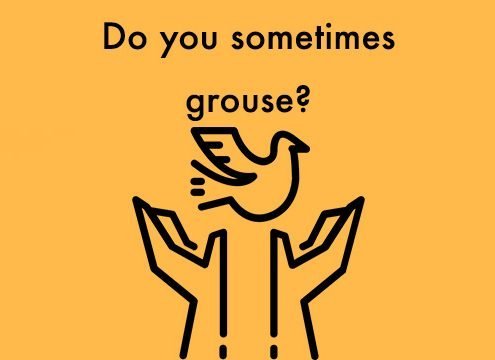Probably, in one way or another (de una forma u otra), or perhaps in many contexts.
“Fellow” is a noun with different meanings, and it acts as an adjective.
First, as a noun. “Fellow” is an informal way to refer to a man. It is also used to refer to a member (socio) of a club and an institution, and to refer to people in the same group. Consider these examples:
- He is some fellow I met (es sólo un hombre que conocí).
- He is a fellow of the English Academy (…miembro de la Academia de Inglés).
- Mr. Corbyn is known among his fellows (compañeros) for his extreme views (opiniones extremas).
It is also used in a compound (compuesto) form, to refer to people in the same group. Examine these:
- Fellow citizen (paisano).
- Fellow traveller (compañero de viaje)
- Fellow inmate (compañero de celda)
- Fellow worker (compañero de trabajo)
- Fellow students
- Fellow believers (creyentes)
Here the word acts as an adjective:
- We are fellow members of the chess club (somos socios del mismo club de ajedrez).
Here are some expressions:
- My dear fellow (¡hombre!).
- Poor fellow! (¡pobrecito!).
- Look here, old fellow (mira, amigo).
So, in how many senses are you a fellow?











